TÜV Rheinland currently offers testing and certification for smart home goods based on the “Connectivity Standards Alliance” MATTER communication standard. MATTER is the first international standard to define a unified, cross-national foundation for smart home products.
“Users desire intuitive gadget operation with optimum functionality and performance,” argues Lourens Koopmans, a senior expert at TÜV Rheinland for wireless technology. Moreover, the devices should be able to communicate with each other in different smart home systems. MATTER harmonises the various technological and legal country-specific characteristics into an uniform protocol.
Better products as a result of worldwide standardisation
Consequently, developers affirm that MATTER-certified devices have enhanced connection and interoperability, irrespective of brand or platform. Additionally, special technical requirements guarantee much more energy-efficient and hence power-saving gadget functioning. MATTER runs across Ethernet, Wi-Fi, and Thread, and connects devices via Bluetooth low-energy. In the future, MATTER 1.0-certified devices will have an easier job protecting data.
In five years, 50 percent of all gadgets will conform with the MATTER standard.
ABI Research predicts that within five years, more than half of all smart home devices will include Matter support. New and current smart home products can now be tested for MATTER 1.0 requirements such as connectivity, performance, and interoperability in four of TÜV Rheinland’s 18 global laboratories. Koopmans continues, “We are familiar with the various situations, technical standards, and certifications in over 180 countries.” “By conducting a variety of tests and verifying compliance and paperwork regulations in each location, our expertise facilitate manufacturers’ rapid and secure market entry.”
Through one of its four CSA-authorized laboratories in Lund, Sweden, Seoul, Korea, Yokohama, Japan, and Shenzhen, TÜV Rheinland offers MATTER 1.0 testing and certification to customers worldwide.
Background
Globally, more than 18 billion smart home gadgets are in use. Experts predict that by 2027, there will be 27 billion connected devices, including smart light bulbs, clever vacuum cleaners, and municipal parking lot monitoring systems. However, national criteria and laws for intelligent homes are as diverse as their application regions. As a result, producers or merchants encounter import and sales challenges, while consumers experience commensurate performance losses in their products.
With MATTER 1.0, the Connectivity Standards Alliance’s (CSA) project consortium has established a protocol that sets standardised, cross-national criteria and framework conditions for smart home goods.


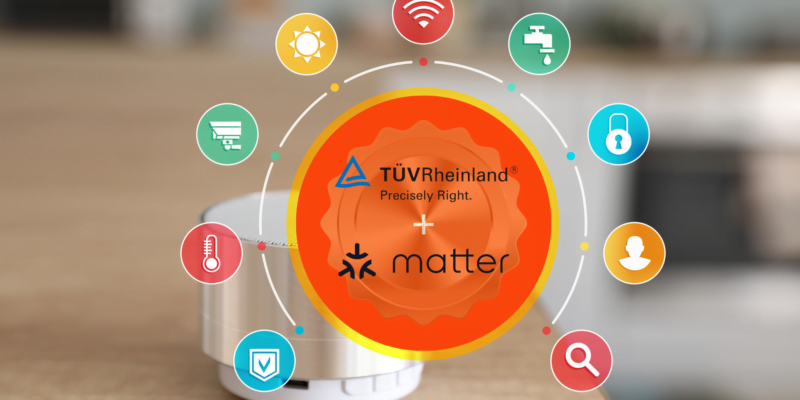
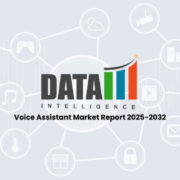
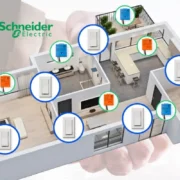

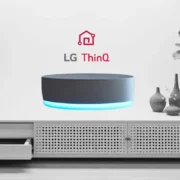
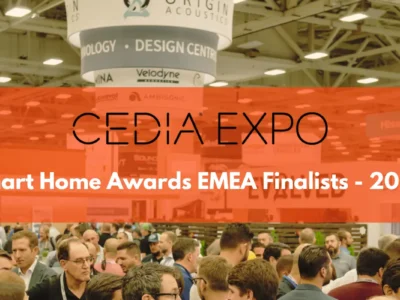

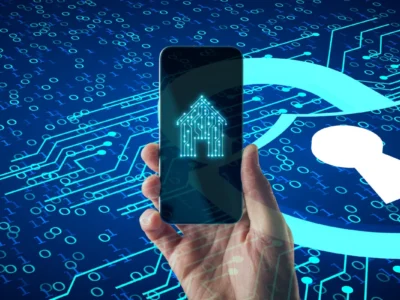

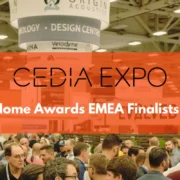
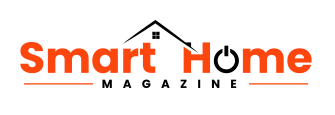
Comments